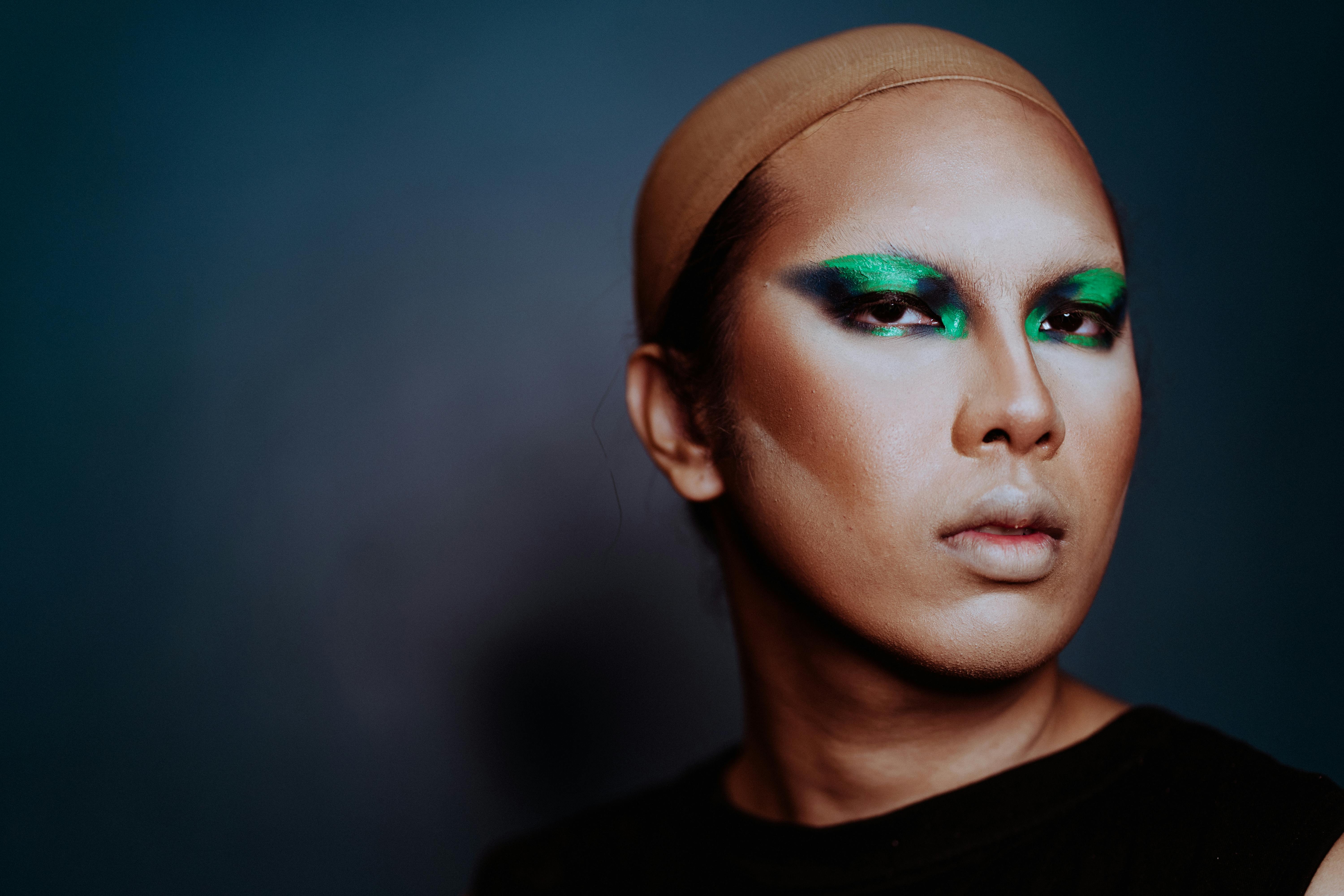Tarot card meanings
Hi Steven here, and thanks for reading my article. If you are looking for information on Tarot card meanings, I am glad you found this page. This article has been written to provide clear and concise information for anyone who wants information on how to read Tarot cards. I have a long-standing interest in Tarot and have found that there is a lack of concise information on Tarot reading.
The origins of Tarot Cards are shrouded in mystery with influences attributed from a wide range of cultures and are rumored to contain Egyptian wisdom, Mithraic religion, medieval heretic and pagan Celtic beliefs. Their first recorded use is in southern Europe in the 14th century, where they were originally used for a combination of card games and educational purposes. Different packages were designed to teach different things, for example logic, Greek mythology, religion, geography, and even the art of cutting meat and fish. The origin of the name Tarot probably comes from the Italian word for cards ‘Tarocchi’, which comes from the Taro river valley in northern Italy. The modern Tarot card pack is said to be descended from the French Tarot de Marseilles, which contains 78 cards with 22 trumps. The first significant record of the use of Tarot cards on a more spiritual level was in 1781, when Swiss occult writer, clergyman, and Freemason Antoine Court de Belin wrote about the meanings of Tarot cards in his book on civilization. He believed that the Tarot cards hid information about the structure of the world that the Egyptian priests had hidden in a simple game to avoid losing their knowledge in a world of increasing religious domination. The first known fortune teller to use Tarot cards is Alliette from Paris. He believed that Tarot card readings showed possible future events such as travel, sadness, love, and fortune.
To perform a reading, the subject usually shuffles the deck and is presented in one of a variety of patterns called “spreads”. They are then interpreted by the reader for the topic. There are many ways to arrange the cards for a reading. Here are three of the most popular spreads:
spread of three cards
Three cards are selected, the first represents the past, the second the present and the third the future.
five card response
It is usually used to help the subject with one or more particular questions that they have at that moment in their life. The five selected Tarot cards are used to indicate:
1. Current situation to which the question refers.
2. What actually caused the problem.
3. What type of response is needed.
4. What harmful effects could result.
5. The most likely outcome after taking the action.
The tarot card calendar
Twelve cards are selected and placed in a circle in front of the subject. Typically, the subject is asked to turn over the card closest to the one o’clock position in the circle of cards. This card represents the general situation you will have in the next month. This process then continues around the circle with each card relating to the important aspects of each subsequent month.
Tarot card deck montage
The deck is divided into 2 sections called Major Arcana and Minor Arcana. This division is roughly related to the Court cards and the Spot cards in the modern deck of playing cards. There are a total of 78 Tarot cards, comprising 22 Major Arcana cards and 56 Minor Arcana cards.
the major arcana
These cards have no suits and are character cards whose appearance during a tarot card reading indicates something of special significance.
the force of the fool
The Magician The Hanged Man
The Death of the High Priestess
The Empress Temperance
The Devil Emperor
The High Priest The Tower
lovers the star
The Chariot The Moon
justice the sun
the hermit the angel
The Wheel of Fortune The World
the minor arcana
It consists of fifty-six cards, divided into four suits of fourteen cards each; ten numbered cards and four short cards. The court cards are the King, Queen, Knight and Page, in each of the four tarot suits. The suits are wands, cups, swords and pentacles.
Each suite is similar to the normal playing cards (ace through ten), with the addition of an extra court card, the Page.
The playing card equivalents to the Tarot suites are:
• Wands…Clubs
• Cups… Hearts
• Swords… Spades
• Pentacles.Diamonds
Each suit refers to a specific area of the subjects life, so there are four broad arenas of life, each represented respectively above by the astrological signs of Fire, (passion), Water, (emotions), Air, (ideas), and the Earth (physics).
The following table can serve as a basis for interpreting each of the 56 cards of the Minor Arcana:
Value aspects Value aspects
One – A new beginning Eight – New experience
Two – Between two people Nine – Social
Three – Meeting Ten – Success
Four – Compliance Page – Reflective
Five – Turning Point Knight – Energy Drive
6 – queen of success – mature care
Seven – Challenge King – Emotionless Counselor
